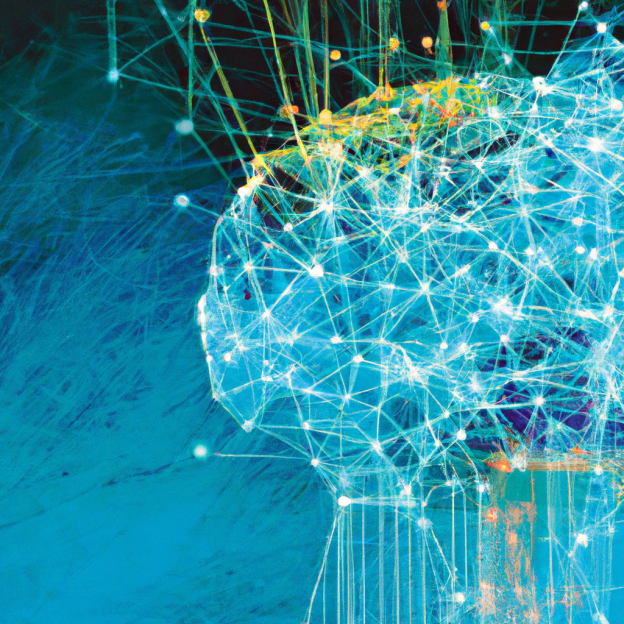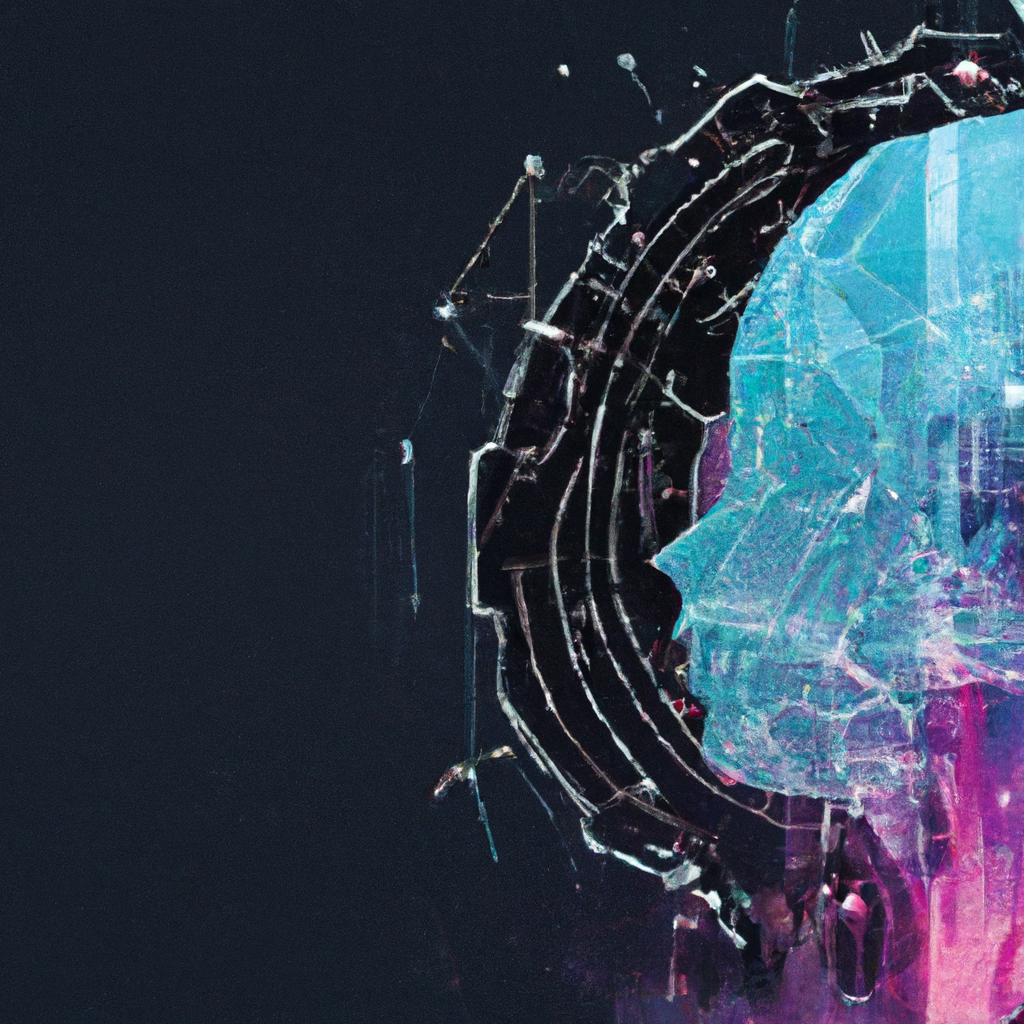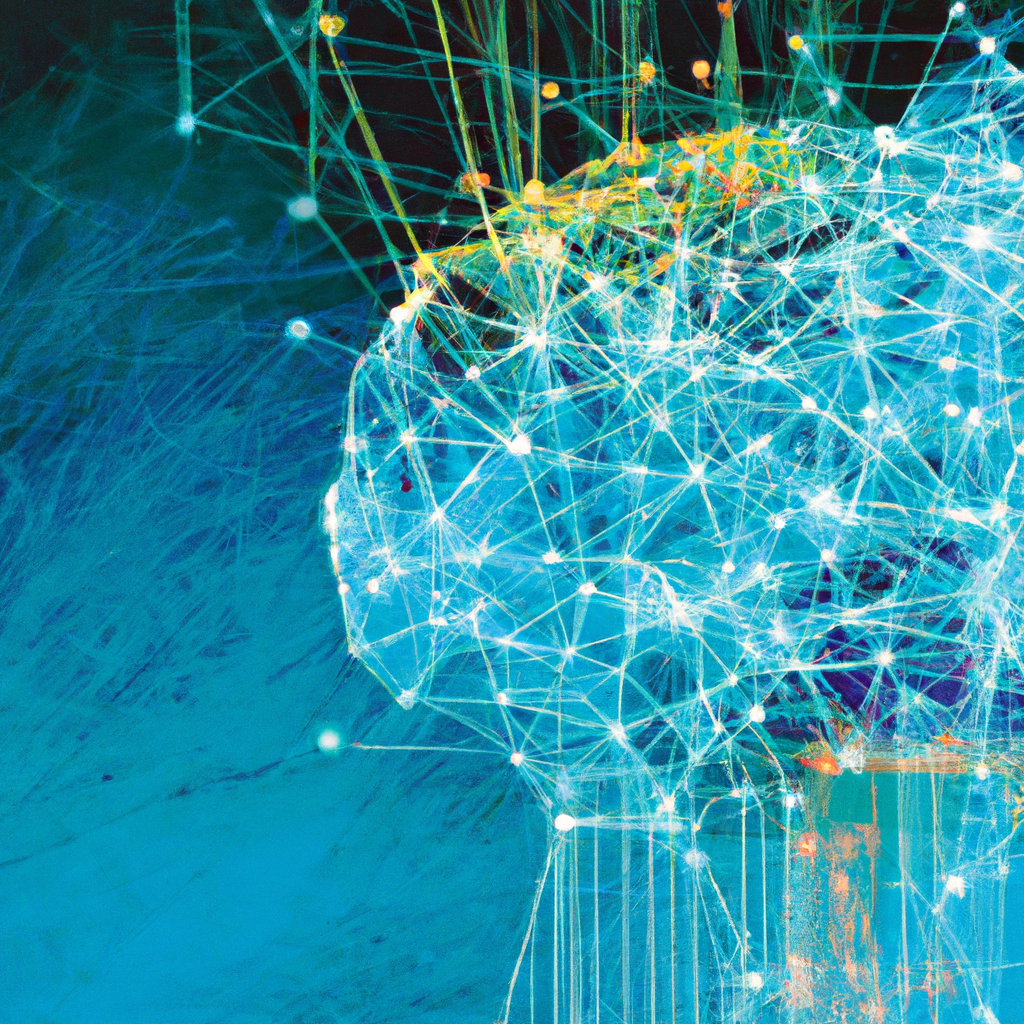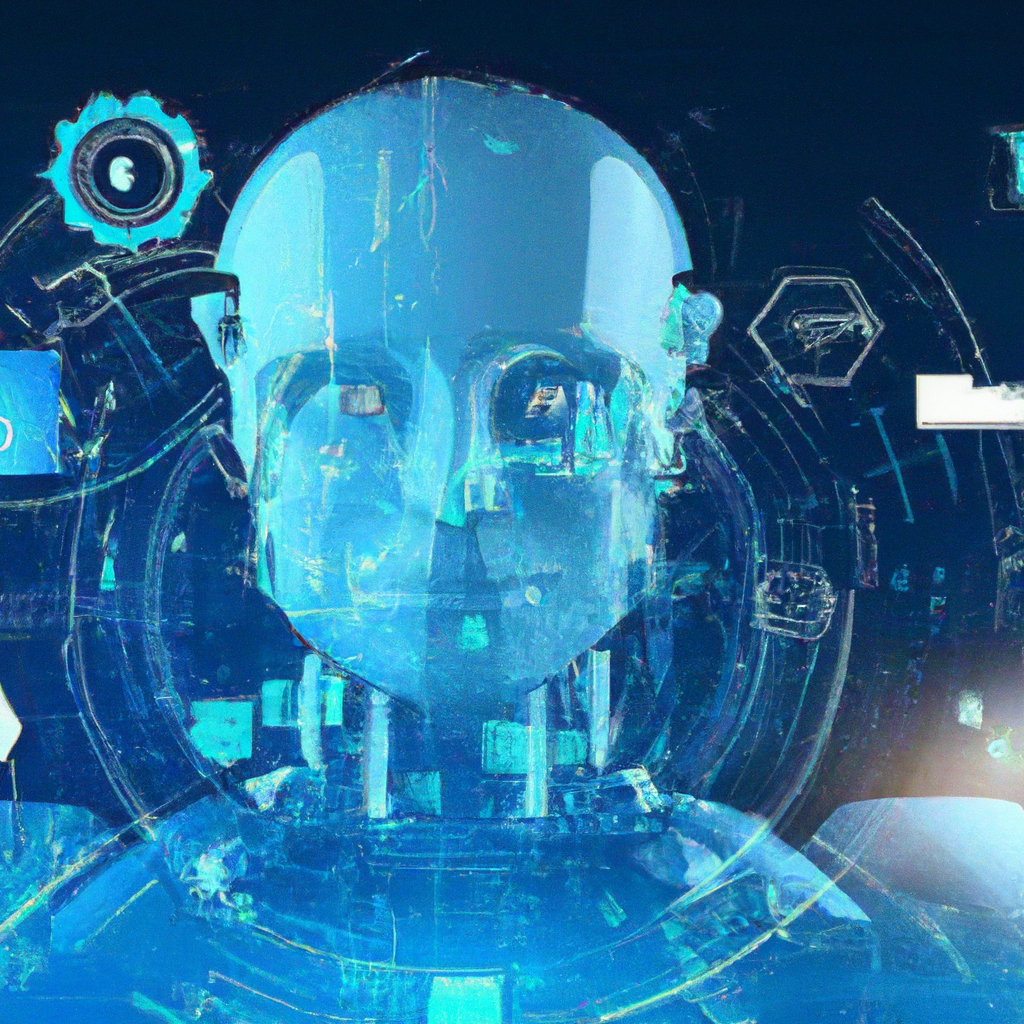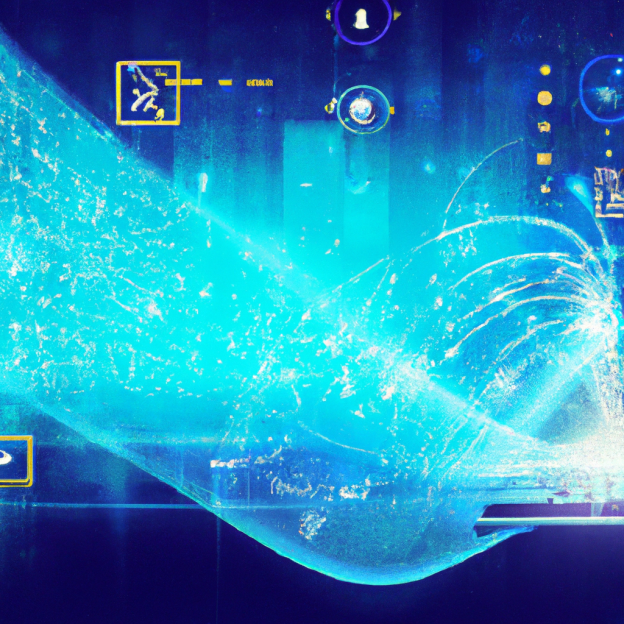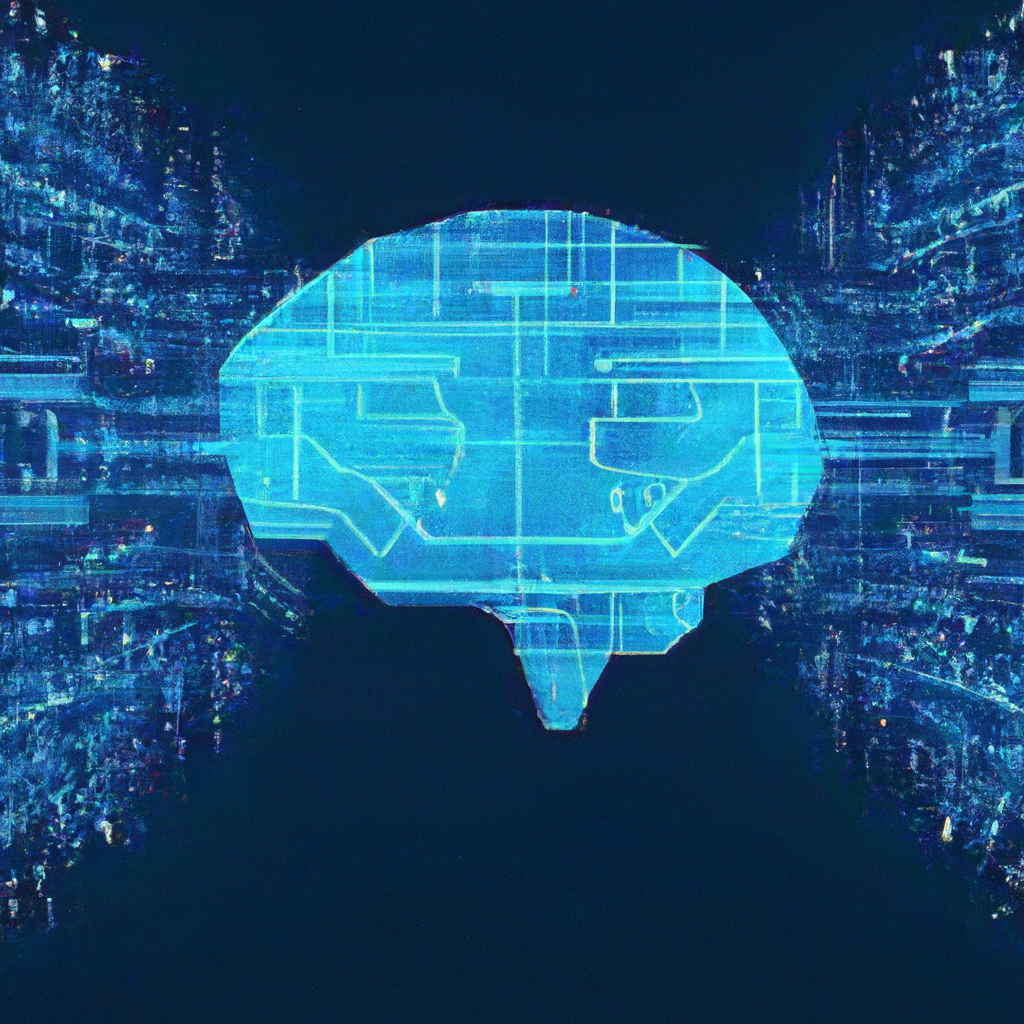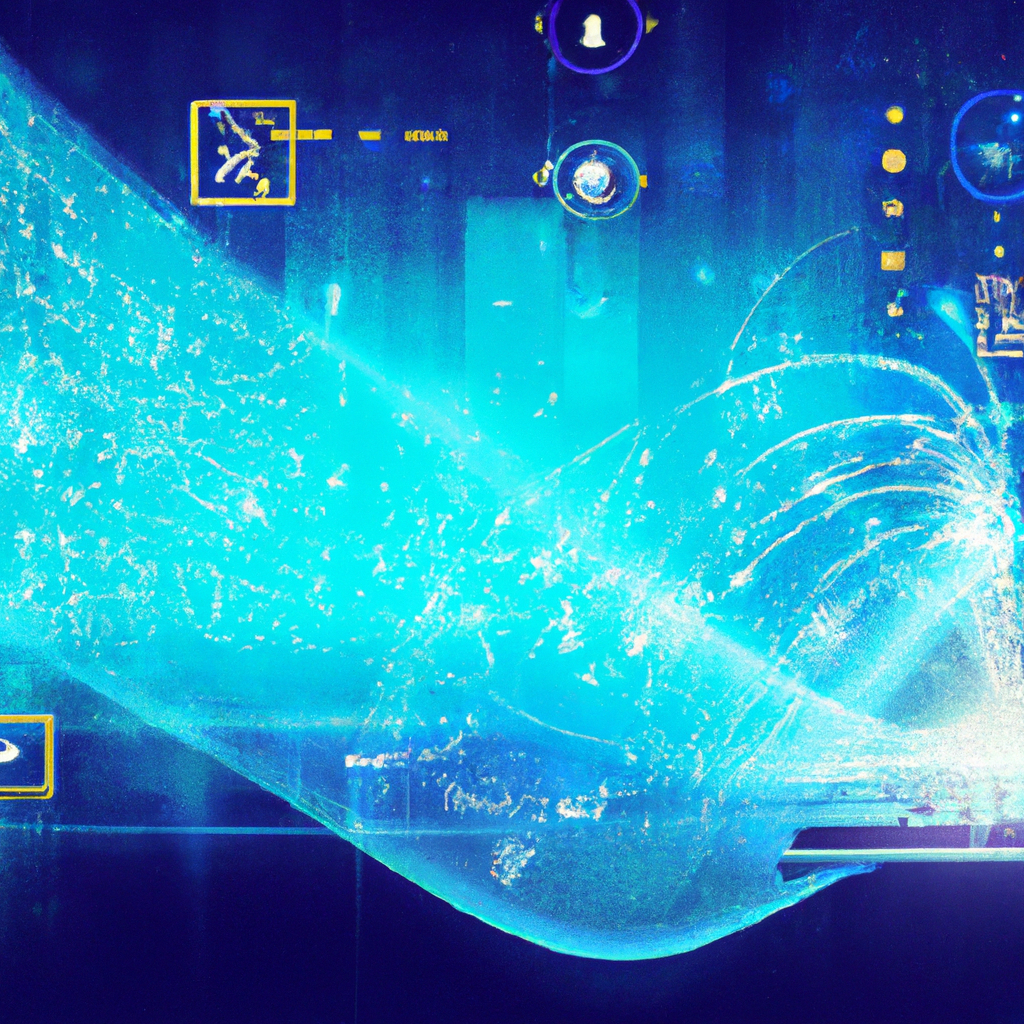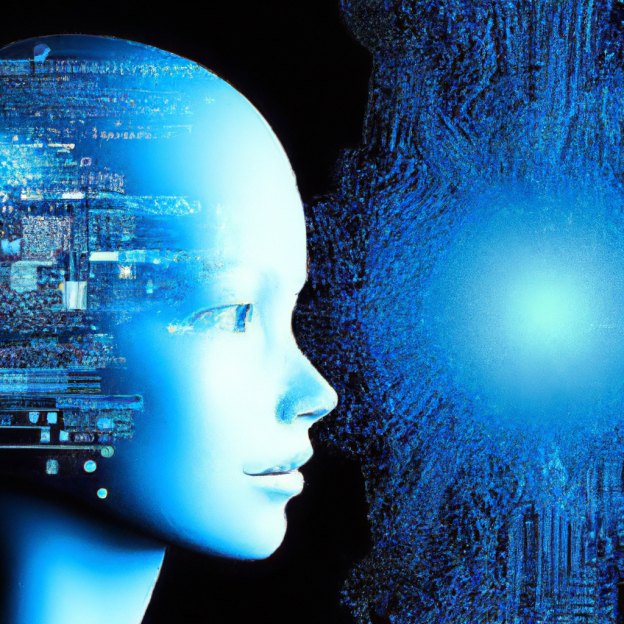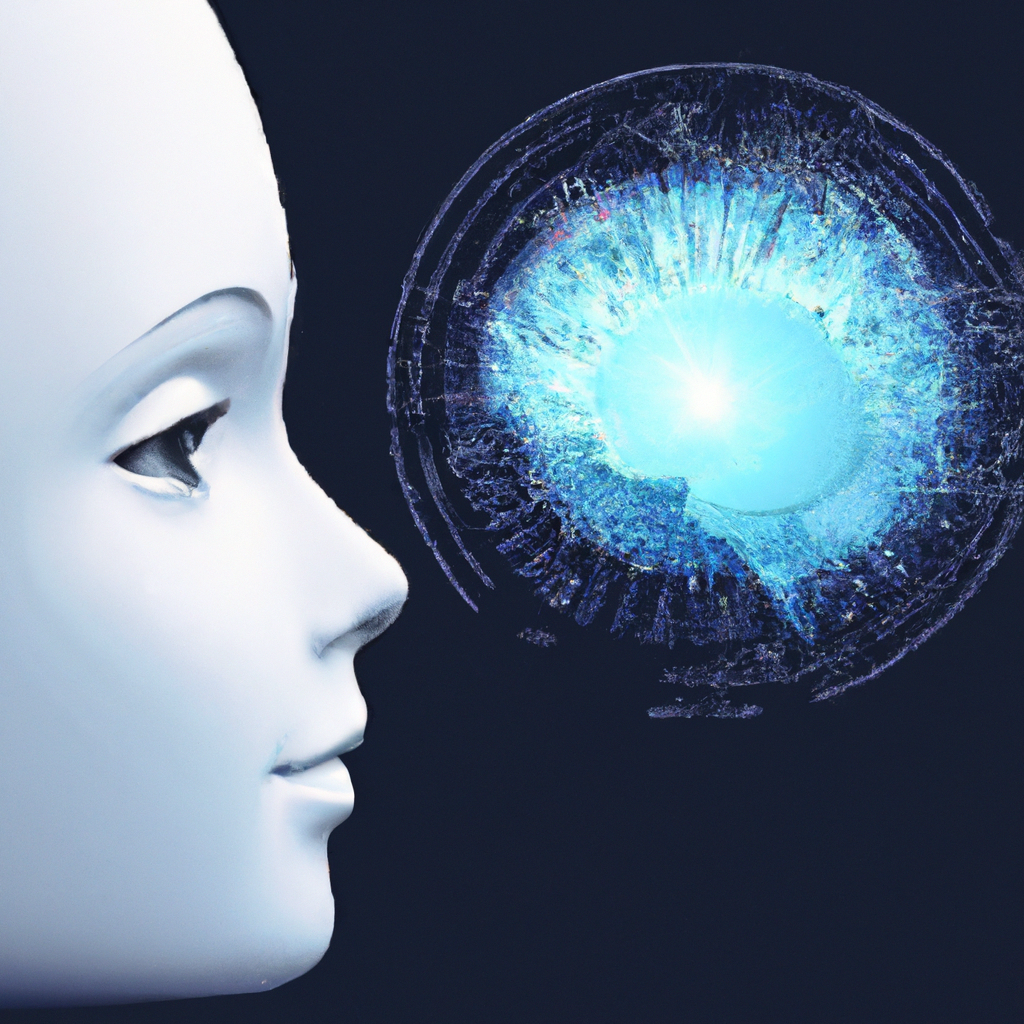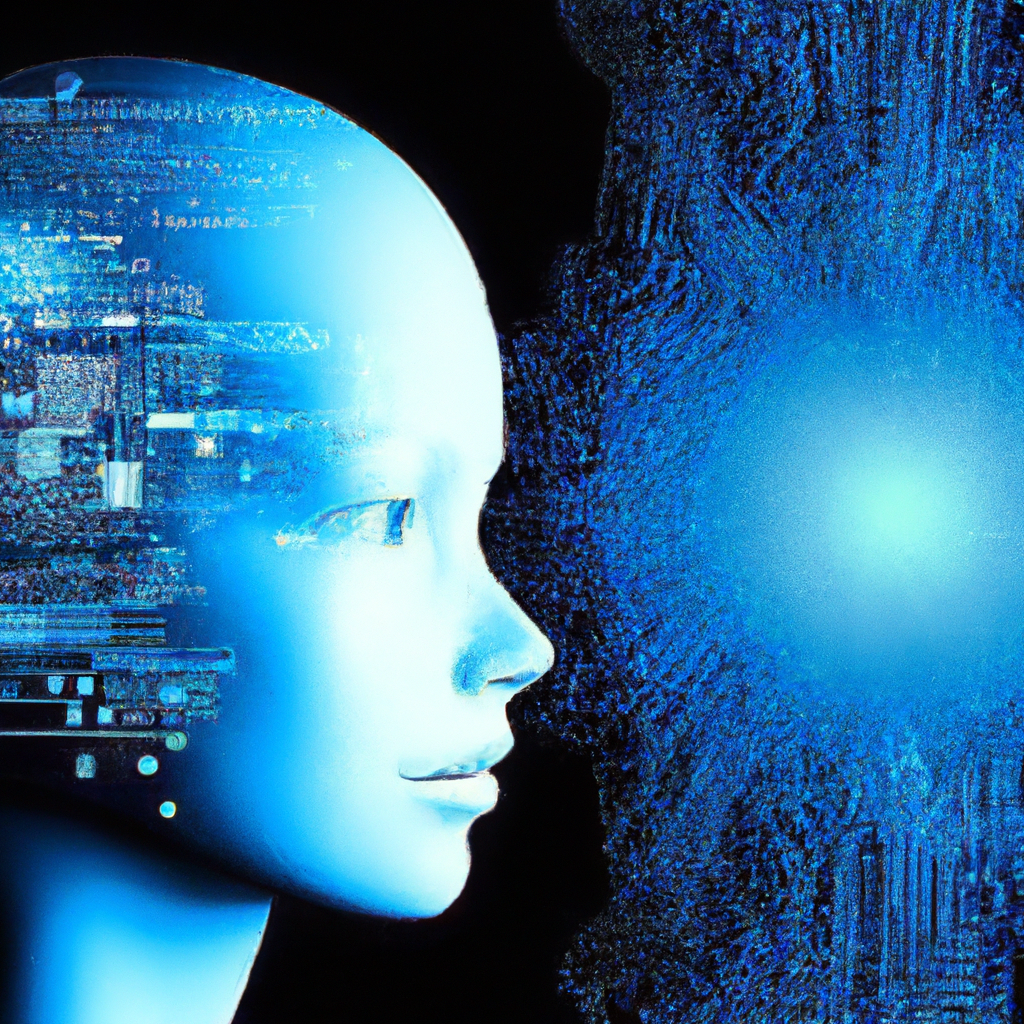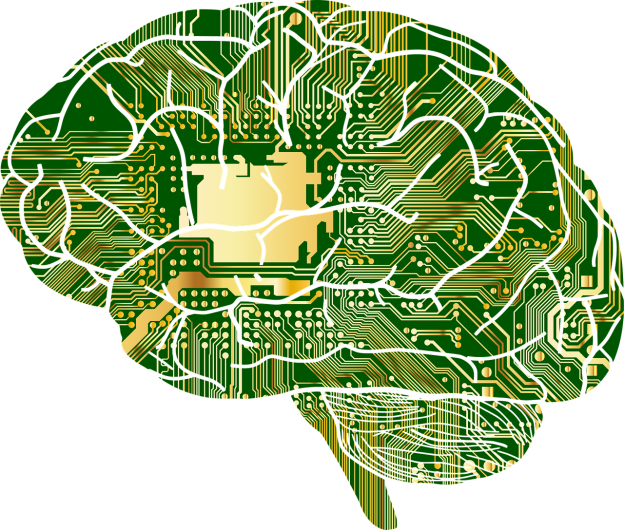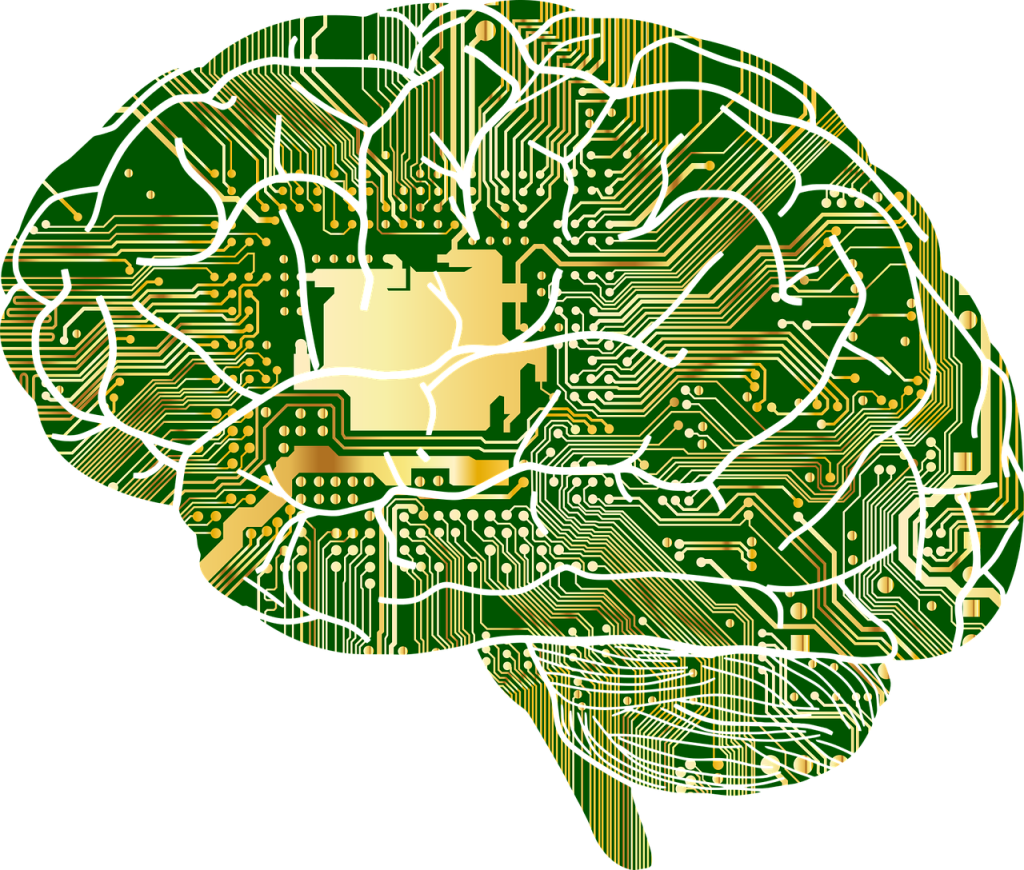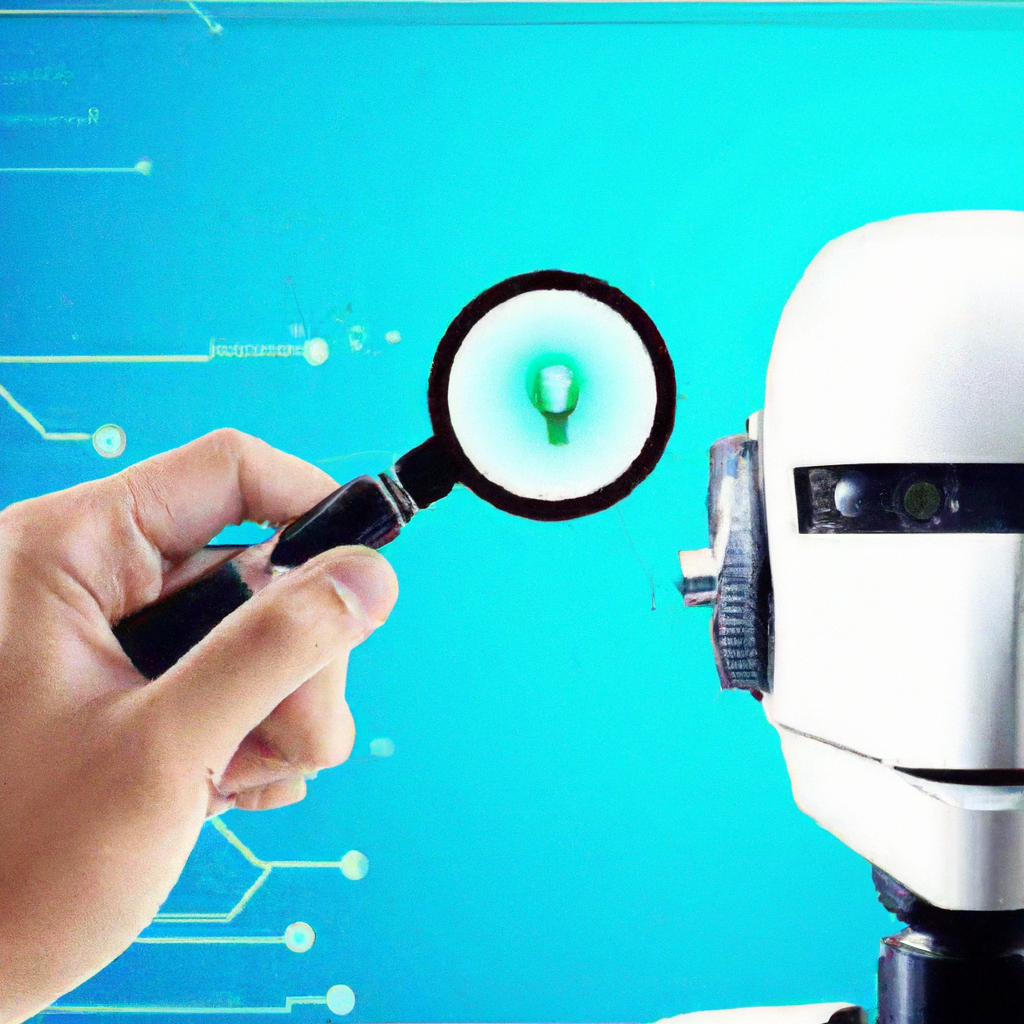AI has undoubtedly revolutionized the field of marketing, bringing advanced capabilities and efficiency to campaigns. However, it is important to acknowledge the limitations that AI faces in this domain. While AI can analyze vast amounts of data and identify patterns, it lacks the creativity and intuition that human marketers possess. Additionally, AI algorithms may not always accurately interpret human emotions or context, leading to potentially inappropriate or ineffective marketing strategies. Understanding these limitations is crucial for marketers to strike the right balance between AI-driven automation and human expertise in order to achieve optimal results.

Lack of Understanding of Human Emotions
Inability to interpret complex human emotions
One of the main limitations of AI in marketing is its inability to accurately interpret complex human emotions. While AI algorithms can detect basic emotions such as happiness, sadness, or anger, they struggle with understanding more nuanced emotions like sarcasm, irony, or subtle expressions. This limitation poses a significant challenge in accurately gauging customer sentiment and tailoring marketing strategies accordingly. Since emotions play a crucial role in consumer behavior, the inability to interpret these complex emotions can lead to misguided marketing efforts.
Misunderstanding cultural nuances and context
Cultural nuances and context are essential aspects of effective marketing strategies. However, AI systems often fail to grasp the subtleties and intricacies of different cultures, leading to potential misunderstandings. For example, what may resonate positively with one culture could be perceived negatively in another. Without a deep understanding of cultural nuances, AI systems may inadvertently produce marketing content that is offensive, inappropriate, or simply does not resonate with the target audience. This lack of cultural understanding can harm brand reputation and hinder marketing effectiveness.
Failure to empathize with customers
Empathy is a crucial element of successful marketing campaigns. It allows businesses to understand and connect with their customers on a deeper level, leading to more effective communication and relationship-building. However, AI systems lack the capacity for empathy, as they cannot genuinely understand or share human emotions. While AI can analyze data to identify customer preferences and patterns, it cannot genuinely empathize with their needs, desires, and challenges. This limitation hinders the ability to create truly personalized and empathetic marketing experiences.
Lack of Creativity and Innovation
Inability to generate unique ideas
One of the most notable limitations of AI in marketing is its inability to generate truly unique and innovative ideas. AI algorithms work based on patterns and historical data, which means they are confined to existing knowledge and trends. While AI can analyze data to identify trends and predict future outcomes, it lacks the ability to think “outside the box” and come up with entirely new concepts. Without the creative spark that humans possess, AI systems fall short in creating groundbreaking marketing campaigns that resonate with customers on a deeper level.
Limited ability to think outside the box
Thinking outside the box is a valuable skill in marketing, as it allows businesses to differentiate themselves from competitors and capture audience attention. However, AI systems struggle with this aspect of marketing due to their reliance on historical data and predefined algorithms. AI algorithms are designed to find patterns and make predictions based on existing information, but they often lack the ingenuity to break away from these patterns and develop innovative marketing approaches. This limitation can prevent businesses from exploring new and unconventional strategies that could lead to significant success.
Difficulty in adapting to changing trends
The marketing landscape is constantly evolving, with new trends, technologies, and consumer behaviors emerging regularly. AI systems may struggle to keep up with these rapid changes, as they primarily rely on historical data and established patterns. This limitation poses a risk for businesses, as AI systems may become outdated and ineffective if they cannot adapt to the latest marketing trends. Furthermore, AI’s inability to quickly adapt to changing consumer behaviors may result in misaligned targeting and messaging, leading to less impactful marketing campaigns.
Risk of Privacy Breaches
Potential for unauthorized access to sensitive data
As AI in marketing relies heavily on data collection and analysis, there is an increased risk of unauthorized access to sensitive customer information. AI systems require access to vast amounts of personal data to effectively target and personalize marketing campaigns. However, this data can be vulnerable to security breaches and unauthorized access if proper measures are not in place. The potential exposure of customer information can have severe consequences for both individuals and businesses, including identity theft, breaches of privacy, and damaged brand reputation.
Higher susceptibility to hacking and cyber attacks
AI systems handling large amounts of data also make attractive targets for hackers and cybercriminals. Due to their complexity and interconnectedness, AI systems can have vulnerabilities that hackers can exploit to gain unauthorized access or manipulate data. A successful breach can result in compromised customer data, theft of intellectual property, or even sabotage of marketing campaigns. As AI becomes more prevalent in marketing, the need to enhance security measures and protect against cyber threats becomes increasingly critical.
Challenge of maintaining data security and privacy
The extensive use of AI in marketing requires businesses to collect and store vast amounts of customer data. This poses a challenge in maintaining data security and privacy, as businesses must ensure that customer information is properly protected and used ethically. However, AI systems, particularly those utilizing machine learning, may introduce additional risks to data security. The continuous learning process and the potential inclusion of third-party data sources can create vulnerabilities if not managed carefully. It is crucial for businesses to invest in robust data governance practices to safeguard customer data and maintain trust.
Inaccurate Data Interpretation
Misinterpretation of customer behavior
While AI excels in data analysis and pattern recognition, it is not immune to misinterpreting customer behavior. The sheer volume and complexity of data can lead to false correlations or inaccurate predictions, which can misguide marketing strategies. AI systems may identify patterns that seem statistically significant but lack meaningful causality. Without a proper understanding of the underlying factors driving customer behavior, businesses risk making decisions based on flawed insights. It is essential for marketers to critically evaluate the findings of AI systems and supplement them with human analysis to avoid making misguided choices.
Failure to distinguish between correlations and causations
AI systems often struggle with differentiating between correlations and causations. While correlations indicate a relationship between two variables, they do not necessarily imply a cause-effect relationship. Relying solely on correlations can lead to faulty conclusions and misguided marketing strategies. For instance, an AI algorithm may identify a correlation between increased social media activity and sales without considering other influential factors. This lack of causal understanding limits the ability to discern the true drivers of consumer behavior and develop effective marketing tactics based on accurate insights.
Unreliable insights and predictions
Despite its advanced capabilities, AI is not infallible when it comes to providing reliable insights and predictions in marketing. The accuracy of AI predictions heavily depends on the quality and relevancy of the data fed into the system. If the data is incomplete, biased, or outdated, the insights and predictions generated by AI will be unreliable. Moreover, AI systems can also be vulnerable to algorithmic biases, producing skewed results that favor certain groups or perpetuate unjust stereotypes. Businesses must exercise caution when relying solely on AI-generated insights and complement them with human expertise for more accurate and reliable decision-making.

Dependency on Historical Data
Inability to account for unforeseen circumstances
AI systems rely heavily on historical data to identify patterns and make predictions. However, this dependency poses a risk when it comes to accounting for unforeseen circumstances or events that deviate from historical trends. In rapidly changing markets, historical data may not provide an accurate representation of current customer behavior or market dynamics. AI systems may overlook significant shifts in consumer preferences or fail to anticipate emerging trends, resulting in less effective marketing strategies. Businesses must use AI as a complement to human judgment and continuously update their data sources to mitigate the limitations of relying solely on historical patterns.
Limited ability to adapt to evolving market conditions
As markets evolve and consumer preferences change, AI systems may struggle to adapt quickly enough. AI algorithms are designed to work within the boundaries of predefined rules and patterns, making them less flexible in responding to new market dynamics. Without the capacity to adapt to emerging trends and shifts in consumer behavior, AI systems risk becoming obsolete and ineffective in guiding marketing strategies. It is crucial for businesses to remain agile and utilize AI as a tool to support human decision-making, allowing for timely adaptations to changing market conditions.
Risk of making biased decisions based on historical patterns
Another significant limitation of relying solely on historical data is the potential for bias in decision-making. If historical data reflects biased practices or discriminatory behaviors, AI systems trained on that data can perpetuate such biases in marketing strategies. For example, if historical data shows a bias towards a particular demographic, AI algorithms may unintentionally prioritize marketing efforts towards that group, further reinforcing discriminatory practices. Mitigating bias requires careful curation of training data and ongoing monitoring of AI algorithms to ensure fairness and inclusivity in marketing practices.
Limited Communication Skills
Difficulty in understanding and responding to non-verbal cues
Communication involves more than just words; it encompasses non-verbal cues such as facial expressions, body language, and tone of voice. While AI systems have made significant progress in natural language processing, they still struggle to understand and respond appropriately to non-verbal cues. This limitation can hinder effective communication with customers, leading to misunderstandings and a lack of connection. Human interaction remains crucial in marketing to interpret and respond sensitively to non-verbal cues, establishing rapport and building trust with customers.
Lack of contextual comprehension
Context is vital for effective communication, as it provides a deeper understanding of a situation or conversation. However, AI systems often lack the contextual comprehension necessary to accurately interpret and respond appropriately. They may misinterpret the meaning behind certain phrases or fail to understand the background or cultural references that shape communication. This limitation can result in miscommunication or inappropriate responses, damaging the customer experience and hindering marketing effectiveness. Human judgment is essential in ensuring that marketing messages are contextually appropriate and resonate with the intended audience.
Inability to engage in natural conversations
While AI chatbots and virtual assistants have become more prevalent in marketing, they still fall short in engaging in natural conversations. AI systems can struggle to grasp the intricacies of human speech patterns, humor, and sarcasm. Their responses can sound robotic and lack the nuances of human conversation, making it challenging to build genuine connections with customers. Authentic human interactions remain crucial in marketing, as they foster trust, rapport, and meaningful brand-customer relationships that AI alone cannot replicate.
Lack of Ethical Judgment
Inability to make ethical decisions
Ethical considerations play a vital role in marketing, influencing decisions related to messaging, targeting, and customer well-being. However, AI systems lack the inherent ethical judgment that humans possess. AI algorithms operate based on predefined rules and patterns, which means they may not always consider or prioritize ethical implications. Without human oversight and intervention, AI systems may inadvertently engage in practices that are discriminatory, invasive, or unethical. It is crucial for businesses to integrate ethical frameworks and human oversight to ensure that AI systems align with ethical principles and prioritize customer well-being.
Challenges in prioritizing customer well-being
Prioritizing customer well-being is a central tenet of ethical marketing. However, AI systems may face challenges in correctly assessing and prioritizing customer well-being. While AI can analyze data to identify customer preferences and behaviors, it may not accurately capture the holistic well-being of individuals. AI systems may be limited to optimizing short-term marketing objectives without considering the long-term impact on customer satisfaction and well-being. Striking a balance between achieving marketing goals and genuinely prioritizing customer well-being requires a human-centered approach that goes beyond the capabilities of AI alone.
Risk of promoting discriminatory practices
There is a risk that AI systems, if not carefully designed and monitored, can perpetuate discriminatory practices in marketing. AI algorithms trained on biased data or without proper oversight can unintentionally amplify existing biases, leading to discriminatory targeting or exclusionary marketing strategies. Without human intervention, AI systems may not recognize or rectify these biases, potentially causing harm to certain customer segments. Ethical marketing requires ongoing monitoring and evaluation of AI systems to ensure fairness, inclusivity, and non-discriminatory practices are upheld.
Higher Initial Investment
Requirement of significant financial resources
Implementing AI in marketing often requires a significant upfront investment. Developing and deploying AI systems can be costly, requiring specialized talent, infrastructure, and resources. The initial costs associated with acquiring the necessary technology and expertise can be prohibitive for some businesses, particularly smaller organizations with limited budgets. This financial barrier may prevent smaller businesses from harnessing the benefits of AI in marketing, creating a potential disadvantage when competing against larger enterprises with more substantial resources.
Costs associated with developing and implementing AI systems
Alongside the significant initial investment, ongoing costs are associated with developing and implementing AI systems in marketing. AI technology is continually evolving, requiring regular updates, maintenance, and enhancements to remain effective. Businesses must allocate resources for training AI models, refining algorithms, and addressing any technical issues that may arise. Additionally, there may be costs associated with integrating AI systems with existing marketing infrastructure and tools. It is essential for businesses to carefully evaluate the long-term costs and benefits of implementing AI in marketing to ensure a sustainable and cost-effective approach.
Expense of training and maintaining AI technology
Training and maintaining AI technology require dedicated resources and expertise. AI algorithms require large amounts of high-quality training data to achieve optimal performance. This can involve significant costs associated with data collection, cleaning, and annotation. Additionally, AI systems require ongoing monitoring and refinement to ensure accuracy, relevance, and ethical compliance. Businesses must invest in training and retaining professionals with the necessary skills to fine-tune and maintain AI technology effectively. The expenses associated with training and maintaining AI can be a challenge for businesses, particularly those with limited resources or expertise in-house.
Potential Job Displacement
Risk of replacing human workers in certain marketing roles
As AI technology advances, there is a concern that certain marketing roles traditionally performed by humans may become automated, leading to job displacement. AI systems can automate repetitive and data-driven tasks, such as data analysis, reporting, and predictive modeling. While this can enhance efficiency and accuracy, it may also lead to a reduced need for human intervention in these areas. Marketing professionals involved primarily in these tasks may face the risk of job loss or significant changes in their roles. It is crucial for businesses to proactively address the potential impact on the workforce and explore ways to reskill and redeploy employees to new roles that complement AI technology.
Reduction in job opportunities and economic impact
The widespread adoption of AI in marketing has the potential to reduce the number of job opportunities in the industry. As AI technology automates certain tasks, businesses may require fewer human resources to achieve the same outcomes. This reduction in job opportunities can have significant economic impacts, particularly in industries heavily dependent on marketing. Displaced workers may face challenges in finding alternative employment or require retraining to adapt to new roles. Businesses must consider the social and economic implications of AI implementation and invest in strategies to support workforce transitions and job creation in other areas.
Need for reskilling and adaptation to new job requirements
With the introduction of AI technology in marketing, there is a growing need for reskilling and adaptation to new job requirements. As certain tasks become automated, marketing professionals must acquire new skills to remain relevant and thrive in the industry. The ability to work effectively alongside AI technology and leverage its capabilities becomes a valuable asset. Reskilling employees to understand and collaborate with AI systems can create new job opportunities and ensure a smooth transition in the changing marketing landscape. Businesses must invest in training programs and initiatives to empower their workforce with the skills necessary to embrace AI technology.
Limitations in Contextual Understanding
Difficulty in comprehending nuanced conversations
AI systems often struggle to comprehend nuanced conversations that involve implicit meaning, subtleties, or deeper context. They may misinterpret the tone, intent, or underlying emotions behind certain statements or conversations. This limitation creates challenges in accurately capturing customer feedback, understanding their desires, or responding appropriately to their concerns. AI algorithms lacking contextual understanding may offer generic or unrelated responses, leading to frustration and a breakdown in effective communication. Human involvement remains indispensable in grasping and responding sensitively to nuanced conversations in marketing.
Challenges in understanding humor and sarcasm
Understanding humor and sarcasm is a significant challenge for AI systems. These forms of communication often rely on context, double meanings, or cultural references that AI struggles to comprehend. As a result, AI-powered marketing campaigns may misinterpret or fail to capture humorous and sarcastic tones, leading to misunderstandings or even offense to the audience. Humor is a powerful marketing tool, and its effective use relies on human creativity and judgment. Marketers must exercise caution when relying solely on AI to deliver humorous or sarcastic messages and ensure that human oversight is present to ensure the intended impact is achieved.
Inability to consider broader social, cultural, and political contexts
Broader social, cultural, and political contexts play a crucial role in marketing decisions and strategies. However, AI systems often lack the understanding and awareness necessary to consider these broader contexts fully. The limitations in analyzing social dynamics, cultural nuances, or political landscapes can lead to misalignment or insensitivity in marketing campaigns. Without human knowledge and judgment, AI may overlook or disregard critical factors that influence consumer behavior. To navigate the complexities of marketing in diverse societies, human input is essential in order to consider the broader social, cultural, and political dimensions that can affect marketing effectiveness.




